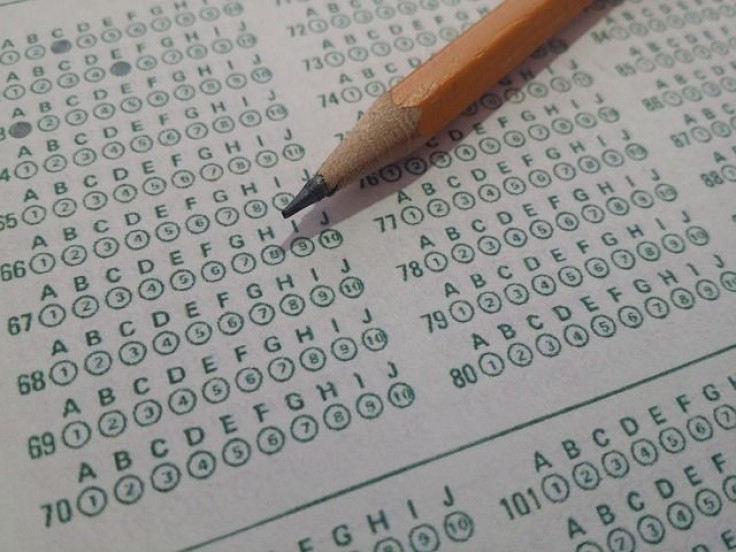Anxiety And Acne Commonly Cause Young People To Commit Suicide In The UK: Study

It's not easy being a teenager, and in recent years it seems to have become a matter of life and death. Suicide is the 10th leading cause of death among adults in the U.S. and the third leading cause of death among people aged 10-24, claiming more young lives than cancer, heart disease, and AIDS combined, according to The Jason Foundation.
While older men and women face a higher risk of suicide in the UK, a new report from University of Manchester — the first of its kind — spells trouble for teens. Researchers analyzed 130 of the 145 suicides committed in England by those aged 10 to 19 between January 2014 and April 2015, and found that children and young people were more likely to take their own lives as a result of academic pressure, acne, and social isolation.
“There haven’t been very systematic studies of a very young group,” author Louis Appleby, director of the National Confidential Inquiry into Suicide and Homicide by People with Mental Illness, told The Guardian. “Suicide is one of the main causes of death but it is not at all common. What is happening in their lives? That is the question we started with.”
Appleby and his team found that more than a third of those who committed suicide had suffered from a physical health condition, like acne and asthma. If young people are embarrassed by their skin or their physical limitations, then they may withdraw from the outside world, which can have adverse effects on mental health. Studies have linked social withdrawal to depression, risky behavior, and even inflammation.
Exam stress was also a common risk factor for suicide, with 29 percent of teens facing exams or exam results at the time of their death. Of the 20 exam-related deaths, researchers found that 11 were stressed by their impeding tests or test scores, and four died on the day of an exam or the following day. They also found that 28 percent committed suicide after losing a loved one — 13 percent of whom also committed suicide.
And yet, despite troubles, 43 percent of those who committed suicide had not reached out to a health service or agency. This is especially alarming when you consider the number of people who showed warning signs the week before they died: 54 percent inflicted self-harm and 27 percent had expressed suicidal ideation. What's more, 12 percent of people had searched online for information related to the act.
“This report provides a stark reminder that self-harm should never be dismissed as ‘attention-seeking’ or 'just a phase,'" Sarah Brennan, chief executive of the charity YoungMinds, told The Guardian. “Although only a small proportion of young people who self-harm go on to feel suicidal, the fact that they are injuring themselves is a clear sign that they are experiencing terrible internal pain.”
Source: Appleby L, Kapur N, Shaw J, et al.Suicide By Children And Young People In England. The Lancet Psychiatry. 2016.



























